Research February 12, 2018
Five Things IISD Experimental Lakes Has Taught Us About Fresh Water
By Sumeep Bath, Media and Communications Officer
IISD Experimental Lakes Area is turning 50 this year.
Since its inception in 1968, IISD-ELA’s unique whole-lake approach to freshwater science has taught us a lot about our lakes and streams. From acid rain and algal blooms to climate change and cramped fish—our 50-year history has left us with a pretty long list.
To celebrate #ELA50, we put together a list of five of our favourites. Scroll through them, read more and have fun learning!
1) Why algal blooms take over lakes. And how we can stop them.
Our raison d’être. Researchers in the 1970s discovered that adding phosphorus to a lake resulted in “eutrophication”—smelly and unsightly algal blooms. And in 2018, we are still researching the long-term effects of adding phosphorus and nitrogen into lakes.
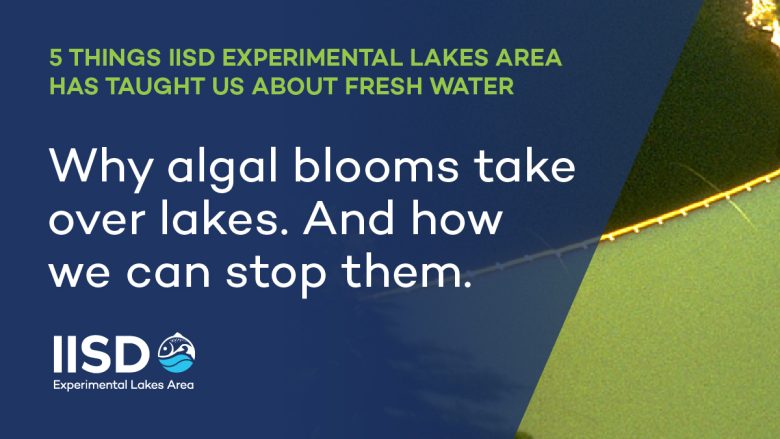
Read more about our groundbreaking work into the causes of algal blooms here.
2) How male fish can grow eggs in their testes.
In a recent experiment, we found that adding synthetic estrogen—found in birth control pills—to lake water led to feminized male fish that actually produced eggs in their testes.
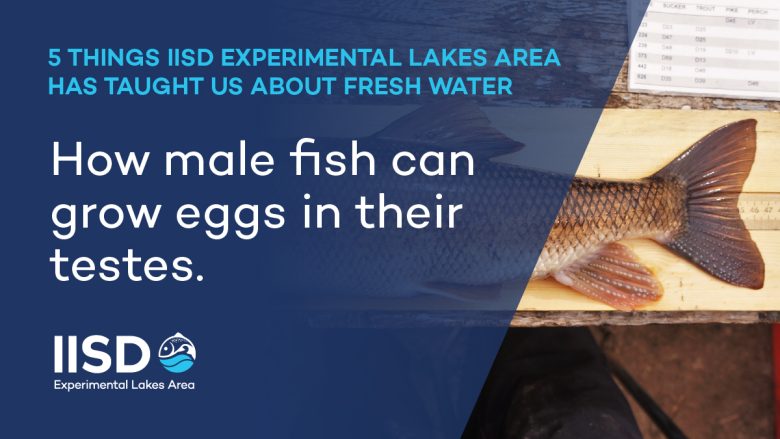
Read more about our research into what estrogen does to freshwater fish here.
3) Why our fish are getting smaller and more cramped.
This is due to climate change impacting lakes—the effects of which we have been monitoring for the last 50 years.
And thanks to our unique set of 50 years’ worth of data, we can track long-term trends in temperature and their impacts.
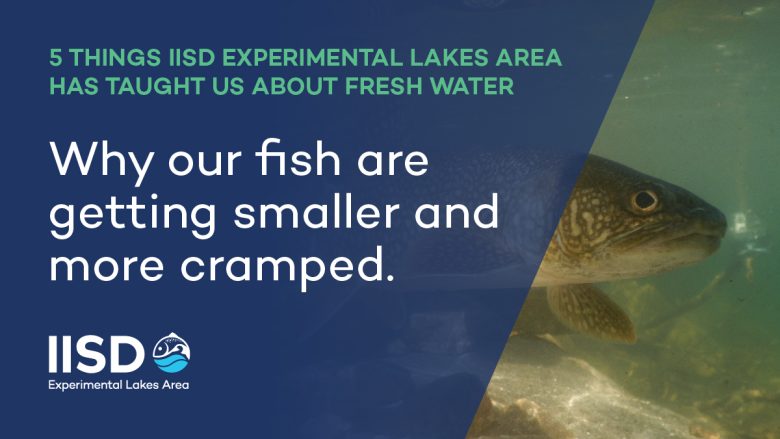
Read more about what IISD-ELA has discovered about climate change and fresh water here.
4) What we can do with marvelous mucus and unreal ultrasound.
We have been researching innovative ways to track fish health and growth. These methods mean that we can research fish populations without sacrificing them—minimizing the impact we have on those populations we want to protect.
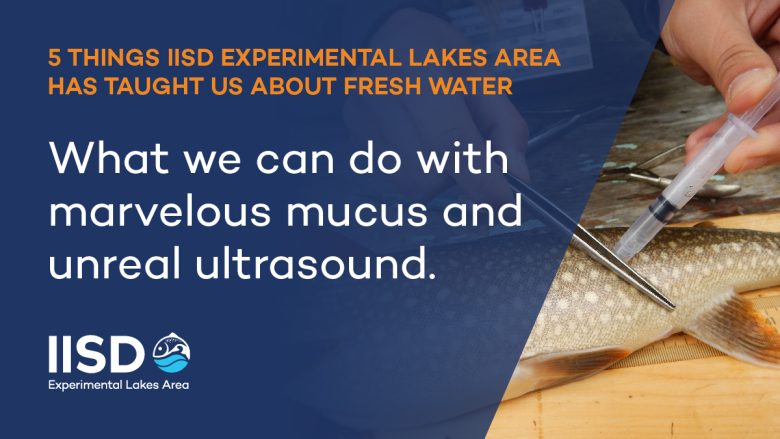
Learn more about how IISD-ELA is innovating non-lethal research methods here.
5) The power of METAALICUS.
The groundbreaking METAALICUS study not only taught us that adding mercury from the atmosphere will lead to it building up in fish, but that stopping adding mercury will decrease it in fish populations.
It’s also a rather great name for a research project.
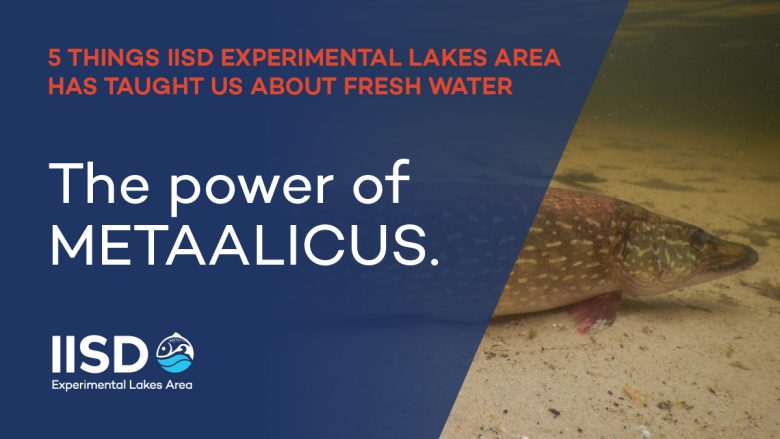
Read more about our research into mercury and fish populations here.